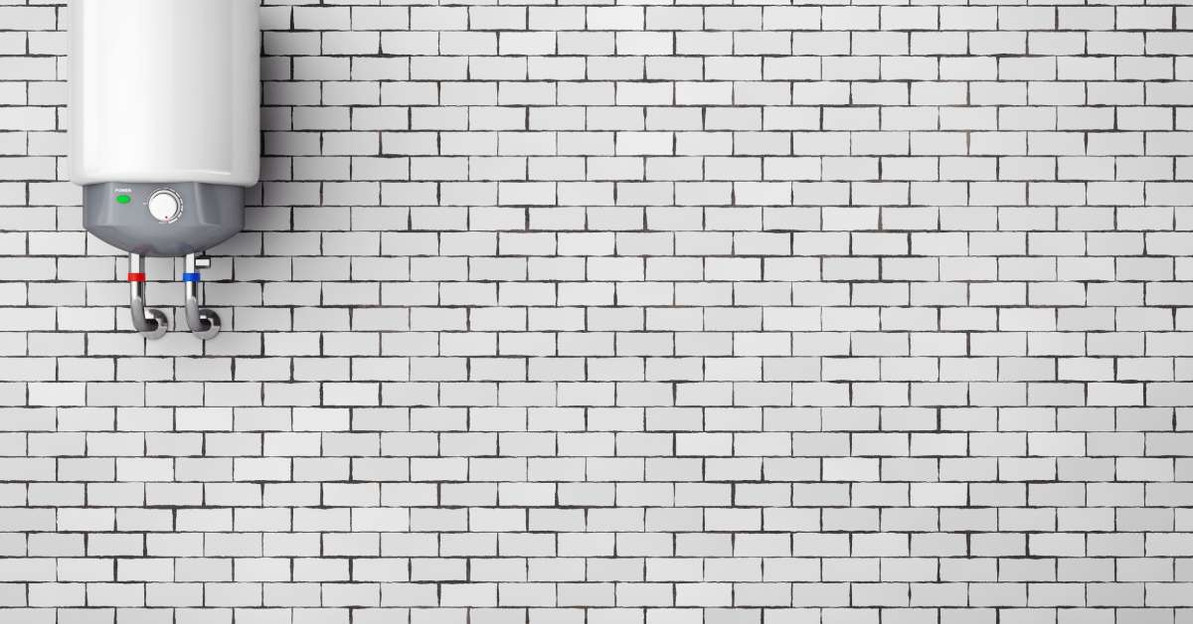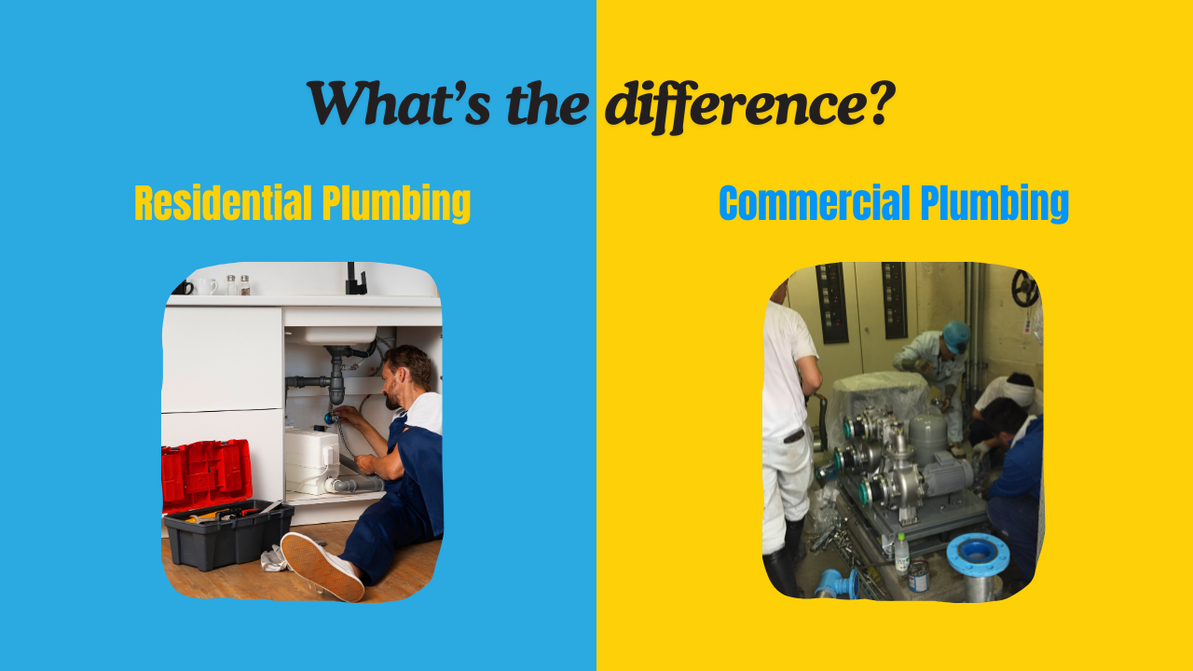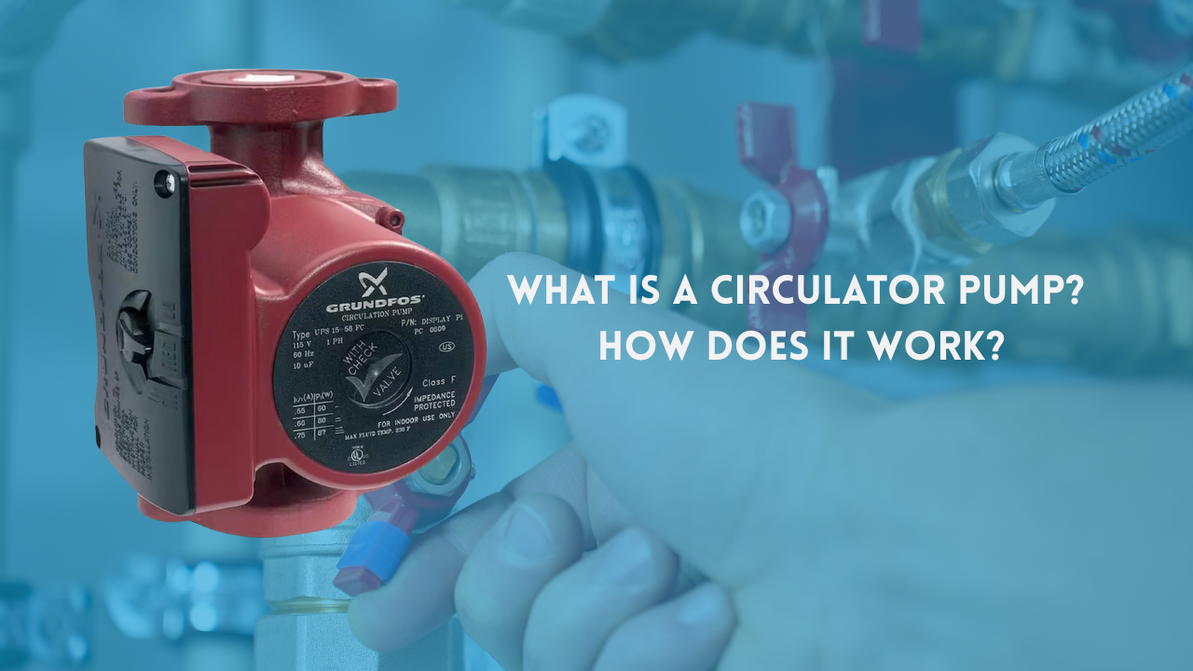Can a Tankless Water Heater Save You Money?
As you explore ways to cut down on household expenses, you may start to consider energy-efficient upgrades. One such option that frequently comes to mind is the tankless water heater. Promising energy savings and endless hot water, this appliance sounds like a dream for any homeowner. But can a tankless water heater save you money in the long run? Let’s dive into the details to find out.
Understanding Tankless Heaters
Unlike traditional models, a tankless gas water heater heats up cold water without the need for a bulky storage tank. Once you turn on your hot water tap, cold water runs through a pipe into the heating unit. A gas-powered burner heats the water instantly; for electric tankless heaters, an electric element inside provides the heat. This on-demand process eliminates standby heat loss that occurs with traditional water heaters.
Advantages of Going Tankless
Energy Efficiency
By heating water only when needed, tankless systems use less energy. This efficiency often translates to lower utility bills, particularly for households with moderate to high hot water usage.
Space-Saving Design
Without a bulky tank, these units don’t take up much space at all. Installation on a wall or in a small area opens up storage options elsewhere in the home.
Longer Lifespan
Tankless models typically last longer than traditional water heaters. Proper maintenance can extend their lifespan up to 20 years.
Potential Downsides
Higher Initial Cost
The up-front cost of a tankless water heater, including installation, can be higher than that of traditional models. However, the initial investment can pay off over time through energy savings.
Flow Rate Limitations
Tankless water heating systems may struggle to supply multiple outlets simultaneously, especially in larger households. Take care to choose the right heater size and capacity to meet your needs without compromising comfort.
Retrofitting Challenges
Installing a tankless system in a home designed for a traditional water heater might require additional work. This could involve adjustments to gas lines, venting, or electrical systems, potentially increasing installation costs.
Calculating the Savings
When deciding whether to go tankless, it’s important to consider several factors, including energy costs, household water usage, and the specific model’s efficiency. On average, a tankless water heater could reduce your energy bills by 10 to 20 percent. Over the unit’s lifespan, these savings can offset the higher purchase and installation costs.
Switching to a tankless water heater offers several benefits that can lead to long-term savings. While the initial investment might seem steep, the improved energy efficiency and longer lifespan contribute to financial savings over time. Evaluate your hot water needs, space considerations, and budget before making a choice. If you’re ready to take the plunge, a tankless water heater could prove to be a wise financial decision, offering both comfort and reduced utility bills.
Recent Posts
-
What Causes Pipe Corrosion?
Pipe corrosion occurs when metal reacts with water, oxygen, and minerals over time. Factors that spe …Feb 2nd 2026 -
Commercial vs. Residential Plumbing: 15 Key Differences You Need to Know
Plumbing might seem straightforward at first glance, but residential and commercial systems are fund …Feb 2nd 2026 -
What Is a Circulator Pump and How Does It Work?
Water needs to keep moving efficiently in plumbing and HVAC systems, and that’s where a circulator p …Feb 2nd 2026



